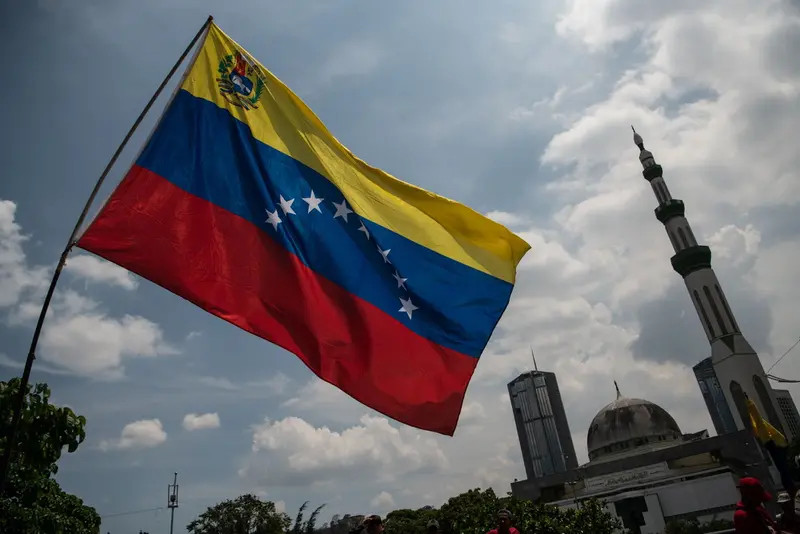In a surprising move, the Communist Party of Venezuela (PCV) and several smaller leftist parties broke with the government of Nicolás Maduro in July 2020 after twenty years of supporting him and his predecessor Hugo Chávez. In effect, the PCV rejected Maduro’s “defensive strategy” consisting of rollbacks designed to attract private capital in the face of adverse circumstances largely caused by US–imposed sanctions.
The PCV accused the Maduro government of embracing a neoliberal approach, abandoning the working class, and violating democratic norms. Actually, the PCV was always critical of Chávez and Maduro, but the party’s anti-imperialism had previously overshadowed criticism of the government (Vázquez, 2021). Curiously, the PCV and its allies broke with the Chavista (pro Chávez) government when Washington, supported by several dozen conservative and right-wing governments, was ratcheting up pressure on Venezuela through interventionist policies to achieve regime change.
While some analysts on the left attributed Maduro’s concessions to the need to attract capital and influence Washington policy makers, the PCV blamed the rollbacks on “the government’s dominant liberal bourgeoisie tendency” (Ellner, 2021; PCV, 2021b). The analysis of subjective conditions (the consciousness and resoluteness of the revolutionary subject) and objective conditions by Marx and Lenin in their formulation of non-offensive or defensive strategies helps frame the issue of the Maduro government-PCV split.


